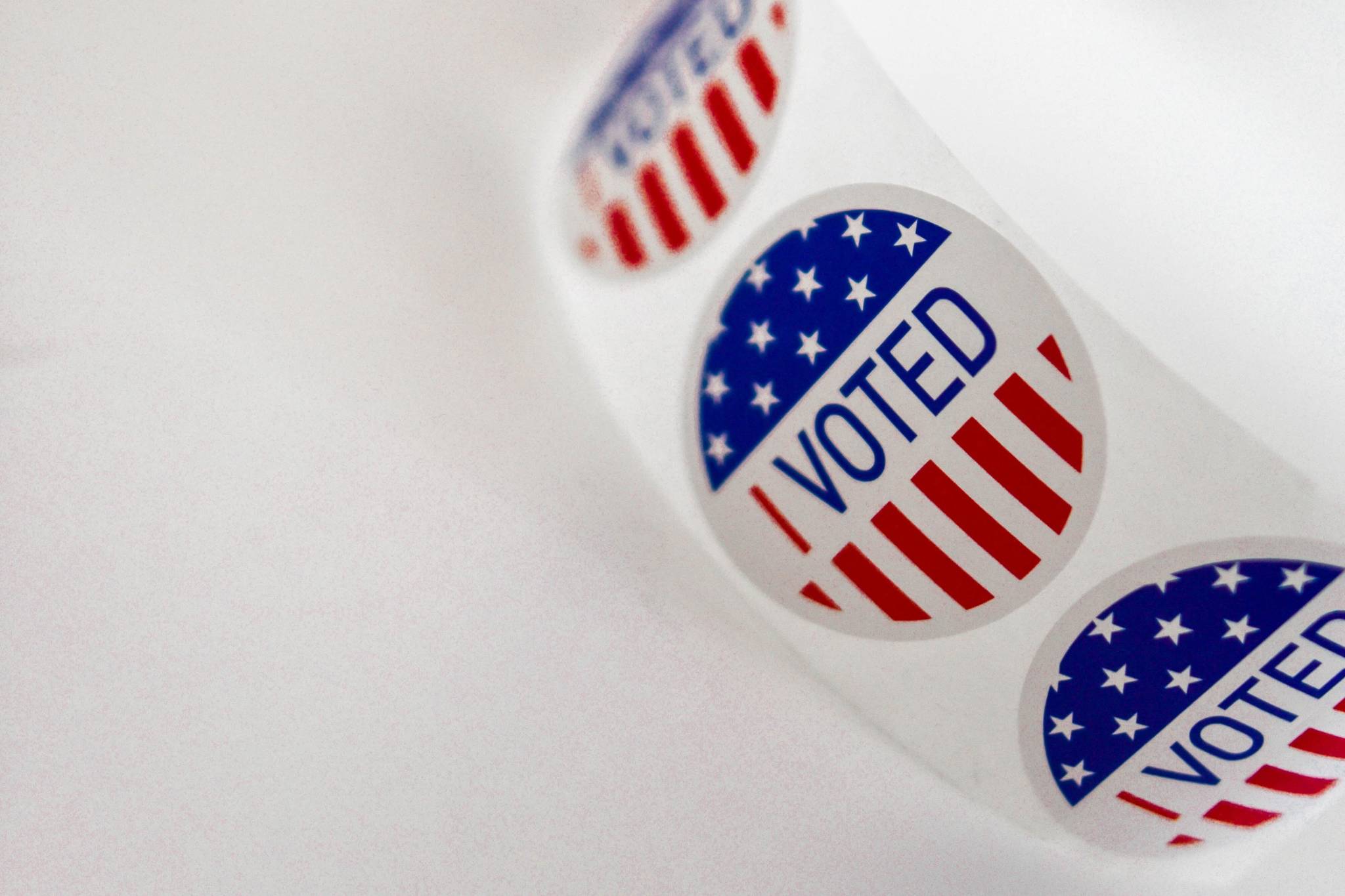By David Marquez
This is to urge you to vote no on Ballot Measure 1. It is ambiguous and almost certainly will lead to years of instability and litigation in the oil industry.
I worked as a lawyer in the oil industry for almost 25 years and later served as the attorney general of Alaska. During my years in the oil industry, I had responsibility for reviewing proposed legislation and ballot initiatives and providing analysis to my management of the potential effects of the proposals and identifying problems in interpreting its provisions — especially those which could raise compliance problems.
As attorney general, I worked with experts in drafting legislation on behalf of the governor and state agencies (including, the Department of Revenue). We provided analysis of proposed legislation and interpreted laws passed by the Legislature. I also worked with legislative lawyers who drafted proposed legislation requested by legislators.
These years of experience have taught me that drafting legislation can be a challenging task. Taxation is a very complex matter and interpretation of tax laws is a field ripe for contentious differences of opinion and litigation. It is even more difficult to draft tax legislation affecting oil and gas production. Therefore, while the initiative process is an important part of our democracy, it is not well-suited for adopting complex tax laws.
Even with my experience working for the oil industry and as attorney general, I found it impossible to discern exactly what Ballot Measure 1’s sponsors intended. Ballot Measure 1 contains wording that is unclear and, in important areas, imprecise and ambiguous. Without such clarity and specificity, many different interpretations are possible.
As just one example, the current statute — AS 43.55 — generally uses the term “leases and properties” throughout it to refer to oil and gas operations in the state. But the phrase in the Ballot Measure, “fields, units or reservoirs” is not used in any statute or regulation governing the taxation of oil and gas. Using terms which are not used in AS 43.55 may cause important differences or difficulties in interpretation.
Another example is that there is no wording in Ballot Measure 1 that describes the
point at which qualifying oil production is to be measured. Is it total barrels sold into the market? Is it barrels delivered to the TAPS pipeline? Is it referring to total barrels produced at the wellhead? These three production values are always different and can be significantly different. There are other examples of terms used in the initiative that are not used in currents law and are not defined in Ballot Measure 1.
If approved by the voters, that imprecision and ambiguity will cause an extended period of uncertainty and business disruption as all interested parties attempt to interpret exactly what it will mean in practice. This will include the Legislature in passing additional provisions through amendments and the Administration in issuing regulations implementing the ballot measure’s provisions. This process will be difficult and almost certainly will result in lengthy and expensive litigation extending over a number of years.
If the ballot measure’s provisions had been put through the legislative process, its ambiguities would have been, identified, discussed and eliminated, and an extended of period controversy and business uncertainty, which would likely negatively impact investment, operations and production, would have been avoided.
An oil company manager once told me that in operations under her management, she could control almost all costs involved in production, transportation, and sale of product: labor, utilities, materials, cost of services provided by contractors, facilities and equipment, etc. But one cost she could not control was the layers of taxes: local, state and federal.
As a result, when taxes increase, to maintain an acceptable return, the controllable costs would have to be reduced. This likely would involve reduction in the number of workers and/or their compensation, the cost of local contractors, the cost of materials, investment in exploration … all of which unfortunately would likely result in an adverse impact on local Alaska economies.
Further, the negative impact to an oil company’s return could push many developments being actively envisioned or pursued below acceptable corporate funding levels. Many new players likely may choose not to pursue opportunities in Alaska until decisions are made on how, if passed, Ballot Measure 1 is implemented.
• David Marquez has been an Alaska resident since 1973. He retired in 2017 after a legal career in private practice, with ARCO and Alyeska Pipeline Service Company, and for 10 years as Chief Operating Officer for an Alaska Native corporation. He has a home in Douglas.Columns, My Turns and Letters to the Editor represent the view of the author, not the view of the Juneau Empire. Have something to say? Here’s how to submit a My Turn or letter.

